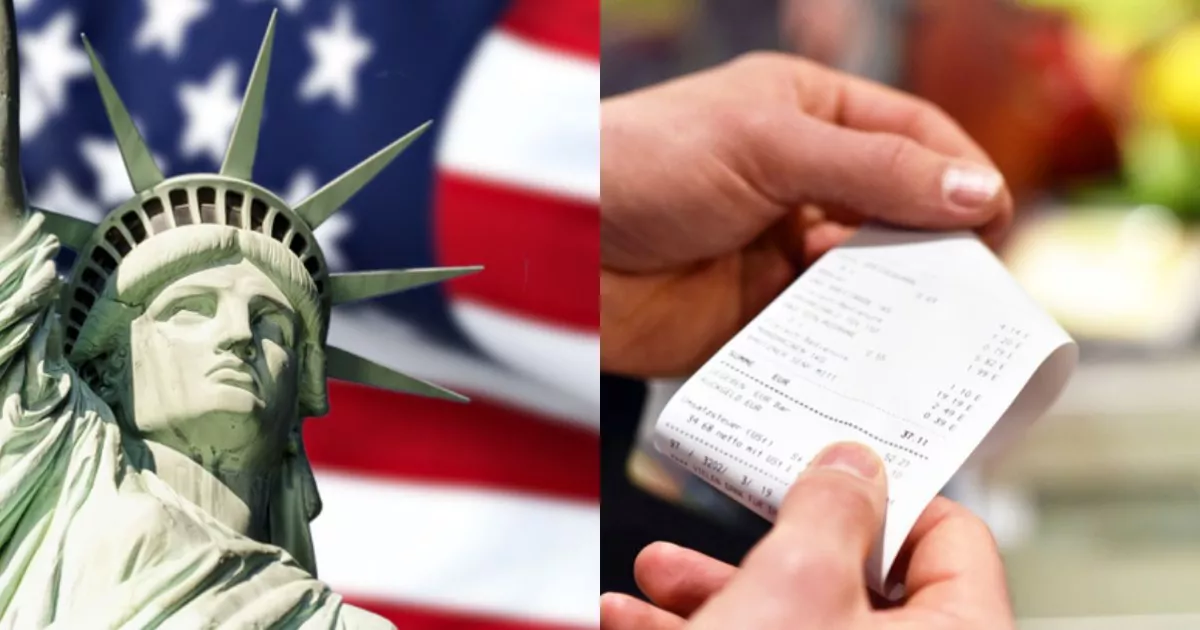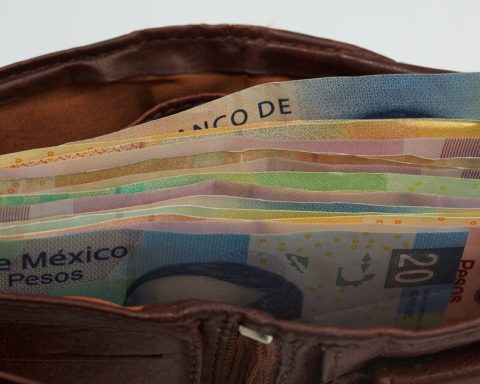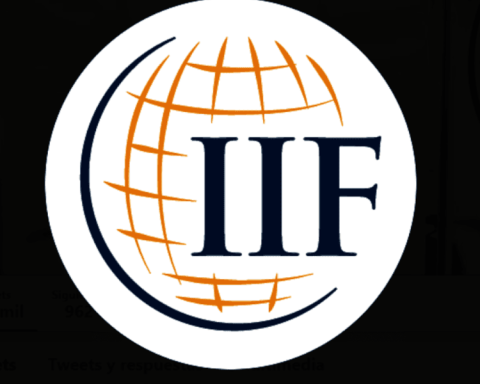The Consumer Price Index rose 0.1% last month, after advancing 0.4% in October, the Labor Department reported Tuesday. Economists polled by Reuters had expected a rise of 0.3%.
Annual inflation is slowing in part because last year’s large increases are dropped from the calculation. The Fed’s aggressive monetary policy is also holding back demand.
The report was released as US central bank officials held their last monetary policy meeting of the year. The Fed – in the midst of the most aggressive rate-raising cycle since the 1980s – is expected to raise rates by 50 basis points on Wednesday, ending a series of four consecutive 75 basis point hikes.
Stripping out the volatile food and energy components, the CPI rose 0.2% last month after rising 0.3% in October. In the 12 months to November, the so-called core CPI rose 6.0% after rising 6.3% in October.
Despite declining prices for basic goods, driven by falling used car prices and corporate discounts to attract cash-strapped buyers and clear out inventories amid slowing demand and Improving supply chains, rent stickiness keep core headline inflation high.
The pressure is also coming from the services sector, which reflects rising wages in a labor market that remains tight.
Although independent measurements suggest that rental inflation is moderating, this is not expected to be reflected in CPI data until next year. Core inflation numbers remain high, so economists expect the Fed to continue tightening for a while, even if it eases the pace of rate hikes on Wednesday.
Economists expect the Fed to raise its key interest rate to a level above the recently forecast 4.6%, where it could stay for some time. They expect the central bank to raise its estimate of the so-called terminal rate on Wednesday.
This year, the Fed has raised the official interest rate by 375 basis points, from near zero to a range of 3.75% to 4%.
















